In an interview for Sloboden Pechat, Blagica Petreski discusses current economic issues
It cannot be said that larger “municipalities always have greater capacity – there are also examples of small municipalities with good planning and discipline. The main problem is often the internal capacity for planning and phased implementation, as many municipalities start numerous projects but do not complete them. Link
The post In an interview for Sloboden Pechat, Blagica Petreski discusses current economic issues first appeared on Finance Think.
The post In an interview for Sloboden Pechat, Blagica Petreski discusses current economic issues appeared first on Finance Think.


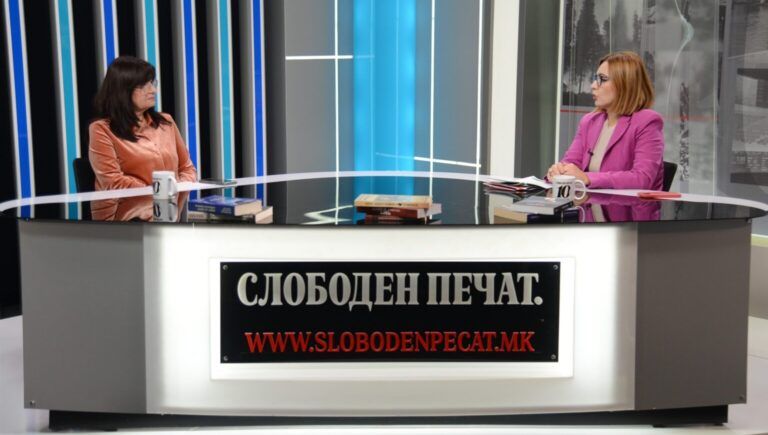
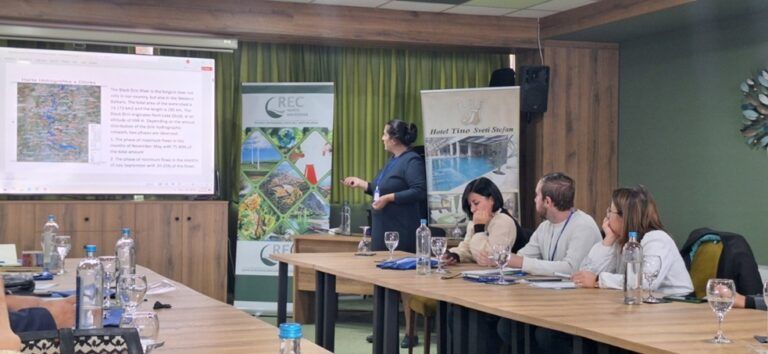
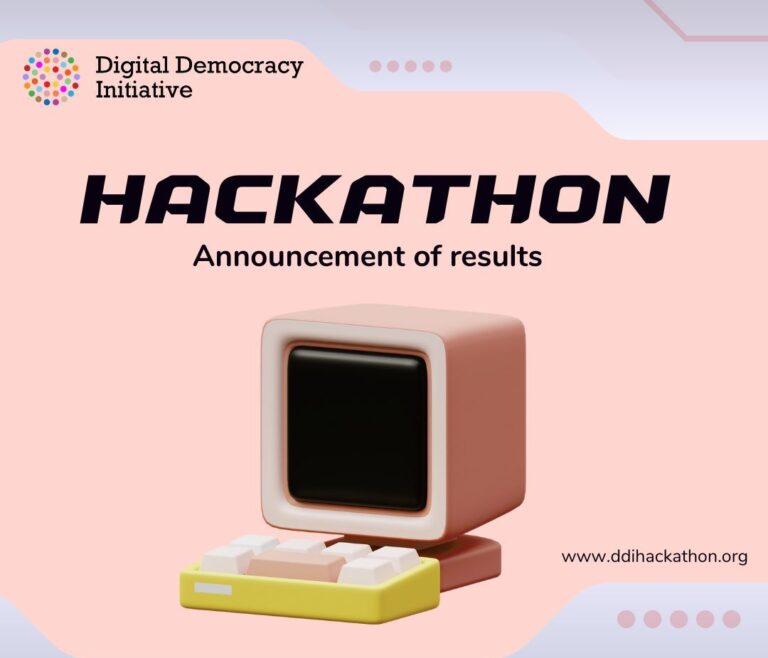
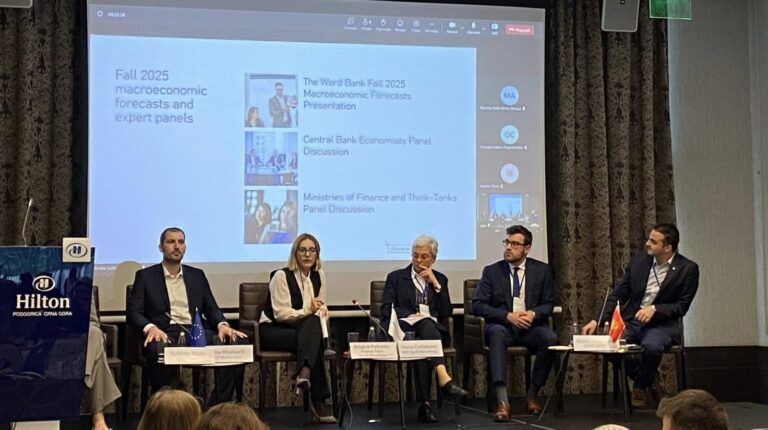
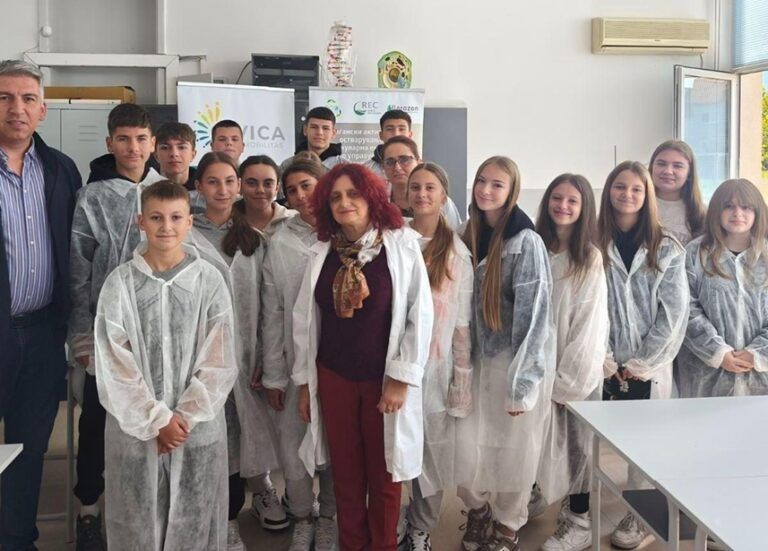
![[aggregator] downloaded image for imported item #40350](https://civicamobilitas.mk/wp-content/uploads/2025/09/header-web-1-1-768x432.webp)
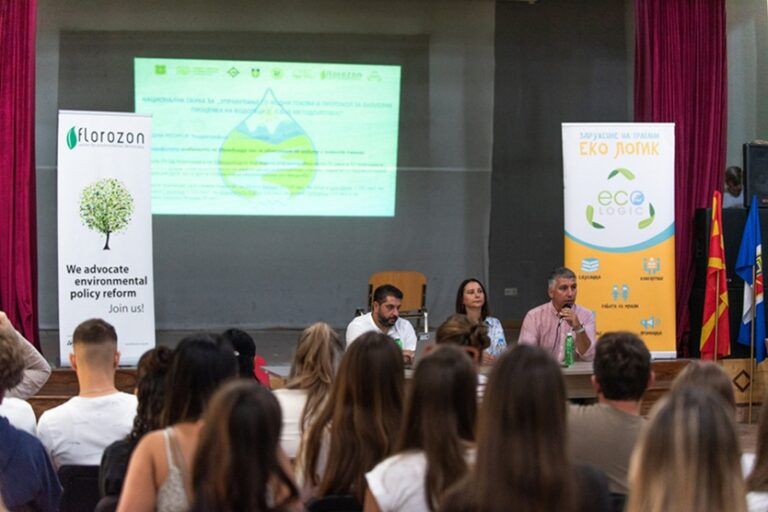
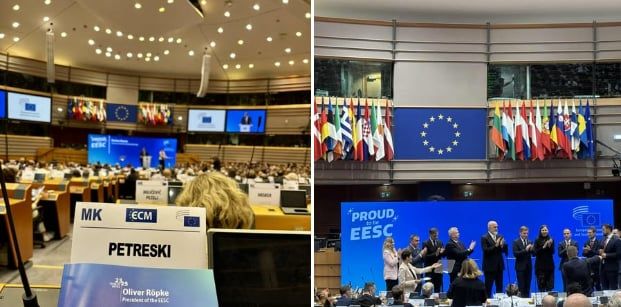
![[Aggregator] Downloaded image for imported item #43176](https://civicamobilitas.mk/wp-content/uploads/2025/09/img_3280-1536x1152-2-1024x768-1-768x576.jpeg)